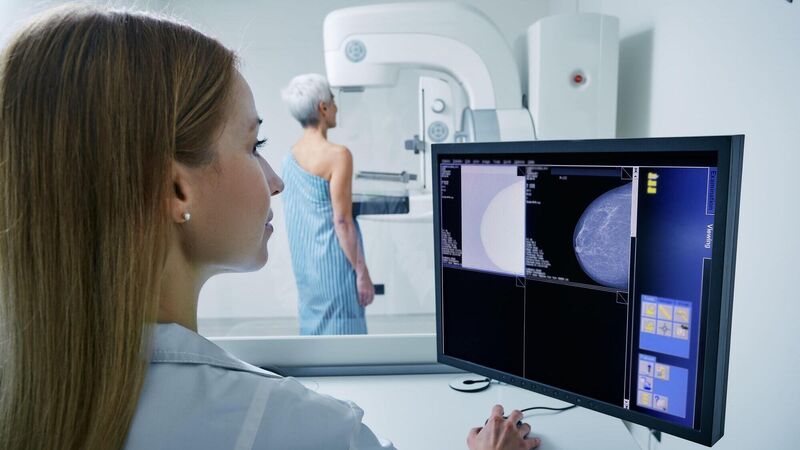Experts urge doctors to be climate-conscious when prescribing cancer treatment

Academics called for sustainability officers to be employed in healthcare settings in the same way experts in pharmacy or infection control are employed now. Picture: Alamy
Cancer doctors have been urged to work in a more climate-friendly manner, as ignoring the growing eco-crisis means failing their patients and children.
While modern healthcare has improved results for patients and their life expectancy, it also brings a substantial impact on emissions and other environmental pressures.
CLIMATE & SUSTAINABILITY HUB













